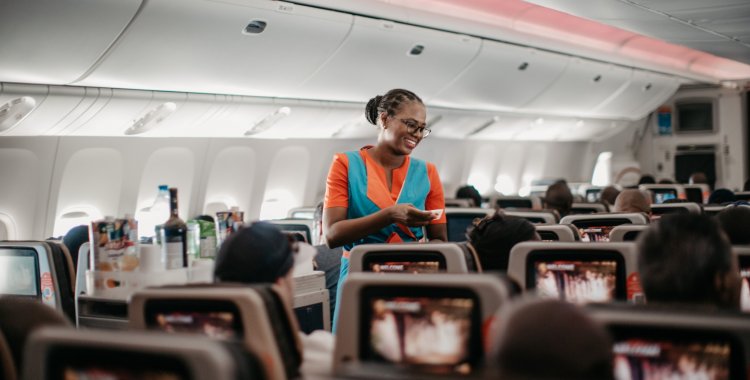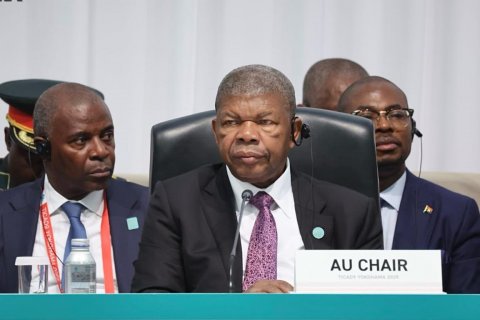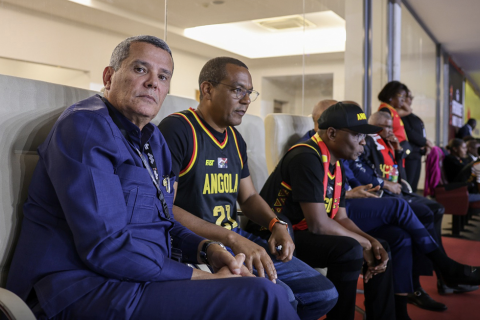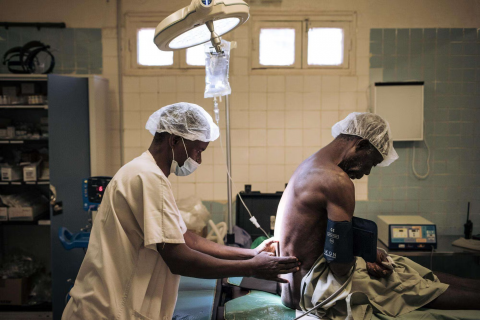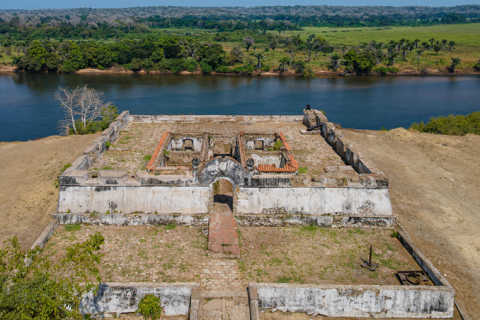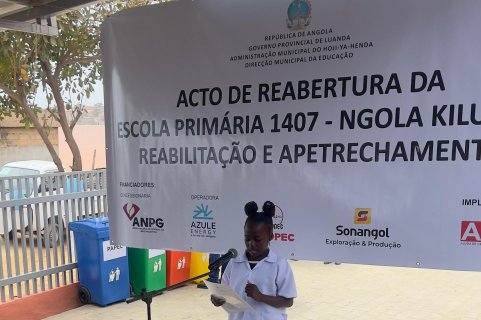"We will soon have the publication of a joint executive decree, between the Ministry of Transport and the Ministry of Finance, which will establish a new fare for this route from Cabinda to Luanda and vice versa", said the Minister of Transport, Ricardo de Abreu, this Monday, when questioned by Lusa.
Ricardo de Abreu assured that there was no removal of subsidies on tickets for this route, and said that the operation to Cabinda and Luanda continues to be subsidized, arguing that there was only a change in the structure that currently regulates this same subsidy.
"In practice, we are talking about a presidential decree that dated back to 2017 and over the past eight years we have had several elements that today contribute to the price, even subsidized, not being the most appropriate for either the State, which subsidizes, or for the operators, who benefit or who operate this same route", he justified, without going into details.
"Therefore, there is no change in the principle of the subsidy for Cabinda", insisted the minister, stressing that the Government "is fully aware of the need to reduce the insularity" of Cabinda, in the north of the country.
To reduce the insularity of Cabinda, a region with geographical discontinuity with the other 20 provinces, "air transport is fundamental", noted Ricardo de Abreu, recalling that state subsidies have had a "positive impact" at the local level.
"What we are going to do is adjust the price that is possible for the operator within a sustainable framework", said the official.
"If we look at the numbers today, from the implementation of the subsidy to this moment, we need to understand the positive impact that this has had on Cabinda and its population, because today Cabinda is our second point of reference for air traffic in Angola, so this is the result of the subsidy", he pointed out.
Ricardo de Abreu was speaking on Monday on the sidelines of the opening of the National Conference on Angola's Preparation for the World Maritime Organization (IMO) audit, which will take place between Monday and Tuesday in Luanda.
Last June, the President of the Republic ordered the end of the subsidy scheme for air fares on the Luanda-Cabinda route, a measure, according to the presidential decree, that aims to maintain a balance between the promotion of connectivity and territorial cohesion.
João Lourenço justified the measure adopted by saying that the current socioeconomic context and the adoption of a prudential approach recommend a phased and planned transition, which will allow dealing with the challenges and impacts associated with the "partial reduction of the subsidy until its complete elimination, allowing a balance between the promotion of connectivity and territorial cohesion, the guarantee that the target beneficiary is the effective beneficiary and the responsible use of public resources".
The presidential measure generated several criticisms from civil society and the people in Cabinda.
Given the geographical discontinuity of the province of Cabinda with other parts of the country, the mobility of citizens to and from the province has been the subject of complaints, especially regarding air connections, which are often marked by suspension and delays in flights, which has generated criticism.
The average cost of a round trip to Cabinda is around 376 dollars (320 euros).

